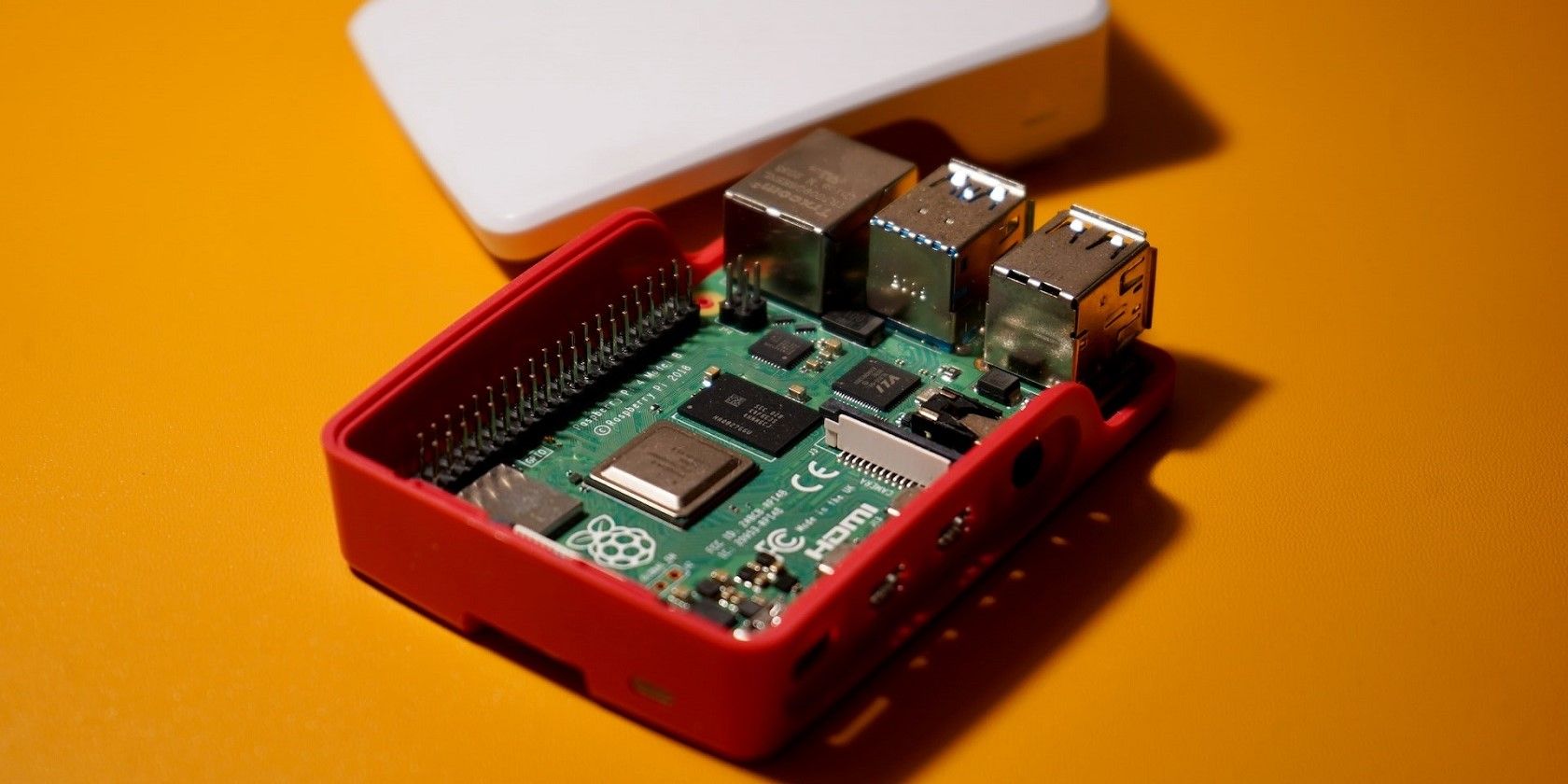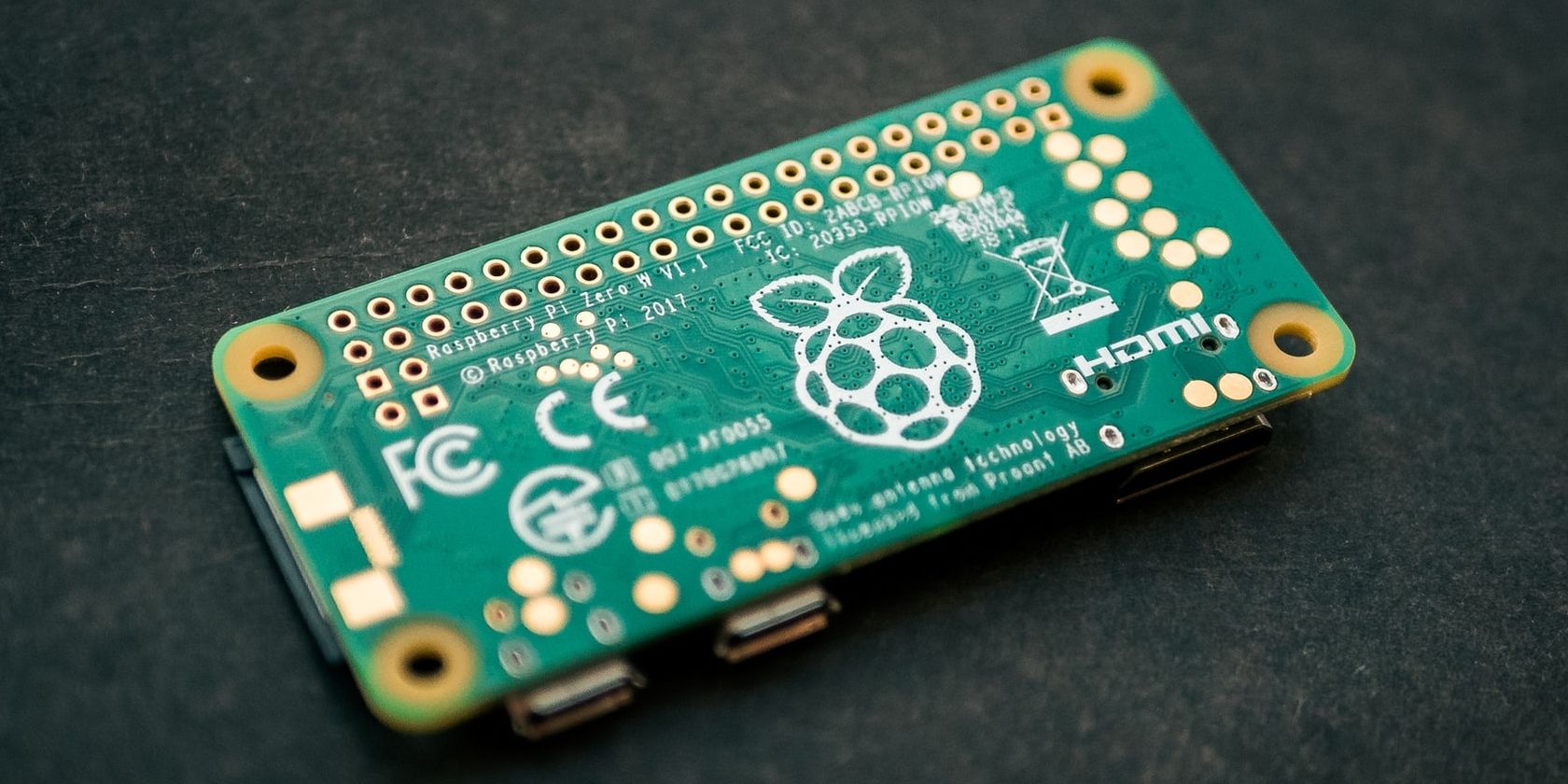Raspberry Pi has been at the forefront of single-board computers (SBCs) for quite some time. However, nearly four years after the launch of Raspberry Pi 4, a new model is on the horizon.
Previous Raspberry Pi iterations generally involved faster processors, more RAM, and with the Pi 4, improved IO. However, a lot of Pis are used for AI (artificial intelligence) and ML (machine learning) purposes, leading to a lot of speculation from DIY enthusiasts about the Raspberry Pi 5's built-in machine learning capabilities.
What CPU Will the Raspberry Pi 5 Get?
Whether the Raspberry Pi 5 gets built-in machine learning capabilities depends a lot on what CPU the board is based around. Raspberry Pi co-founder Eben Upton teased the future of custom Pi silicon back at the tinyML Summit 2021. Since then, an imminent Raspberry Pi 5 release with massive improvements to ML is looking very likely.
Up until Raspberry Pi 4, the development team had been using ARM's Cortex processors. However, with the release of the Raspberry Pi Pico in 2021 came the RP2040, the company's first in-house SoC (system-on-chip). While it doesn't have the same power as the Raspberry Pi Zero 2 W, one of the cheapest SBCs on the market, it does provide microcontroller capabilities similar to that of an Arduino.
The Raspberry Pi 2, Pi 3, and Pi 4 have used ARM's Cortex-A7, Cortex-A53, and Cortex-A72 processors respectively. These have increased the Pi's processing capabilities over each generation, giving each progressive Pi more ML prowess. So does that mean we'll see built-in machine learning on the Raspberry Pi 5's CPU?
While there's no official word on what processor will power the Pi 5, you can be pretty sure it'll be the most ML-capable SBC in the Raspberry Pi lineup and will most likely have built-in ML support. The company's Application Specific Integrated Circuit (ASIC) team has been working since on the next iteration, which seems to be focused on lightweight accelerators for ultra-low power ML applications.
Upton's talk at tinyML Summit 2021 suggests that it might come in the form of lightweight accelerators likely running four to eight multiply-accumulates (MACs) per clock cycle. The company has also worked with ArduCam on the ArduCam Pico4ML, which brings together ML, a camera, microphones, and a screen into a Pico-sized package.
While all the details about the Raspberry Pi 5 aren't yet confirmed, if Raspberry Pi sticks to its trend of incrementally upgrading its boards, the upcoming SBC can be a rather useful board that'll check a lot of boxes for ML enthusiasts and developers looking for cheap hardware for their ML projects.
Raspberry Pis Can Be a Lot of Fun
The Raspberry Pi 5 could come with built-in machine learning support, which opens up a plethora of opportunities for just about anyone to build their own ML applications with hardware that's finally able to keep up with the technology without breaking the bank.
You can already run anything from a large language model (LLM) to a Minecraft server on existing Raspberry Pis. As the SBC becomes more capable (and accessible), the possibilities of what you can do with a single credit-card-sized computer will also increase.


